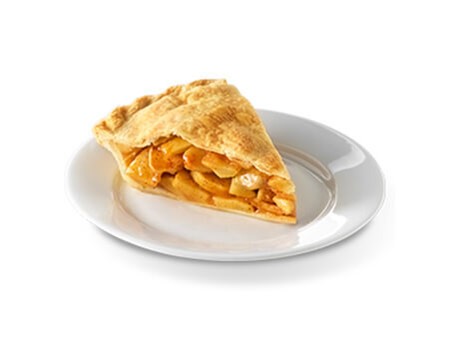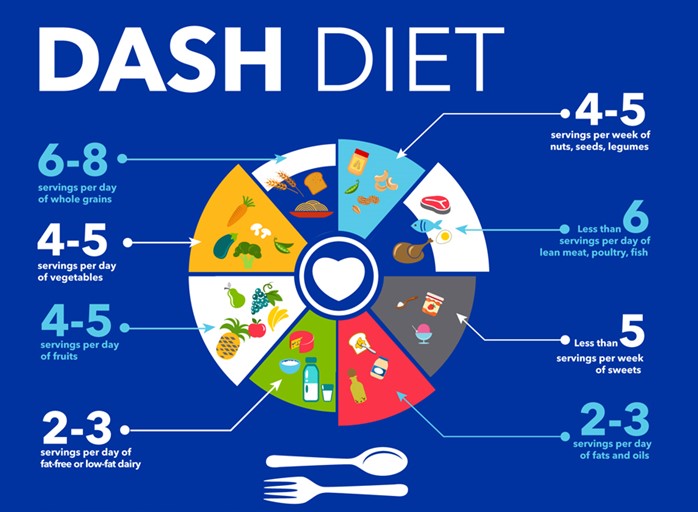A nurse is providing teaching about food poisoning prevention to a group of clients who are self-catering. Which of the following choices by one of the clients demonstrates an understanding of the teaching?
Thaw frozen meat on the counter.
Reuse leftover marinade as sauce.
Apple pie
Cooked rice
The Correct Answer is C
Choice A reason: Thawing frozen meat on the counter is not a good practice for food poisoning prevention because it can allow bacteria to grow rapidly on the surface of the meat. Thawing frozen meat should be done in the refrigerator, in cold water, or in the microwave.
Choice B reason: Reusing leftover marinade as sauce is not a good practice for food poisoning prevention because it can contaminate cooked food with raw meat juices that may contain bacteria. Leftover marinade should be discarded or boiled for at least one minute before using as sauce.
Choice C reason: Apple pie is a good choice for food poisoning prevention because it is unlikely to contain harmful bacteria or toxins. Apple pie is made from cooked apples, sugar, flour, and butter, which are low-risk ingredients for food poisoning. Apple pie should be stored in the refrigerator or freezer after cooling to prevent spoilage.
Choice D reason: Cooked rice is not a good choice for food poisoning prevention because it can harbor a bacterium called Bacillus cereus, which can produce toxins that cause vomiting and diarrhea. Cooked rice should be cooled quickly and stored in the refrigerator for no more than one day or in the freezer for longer periods. Cooked rice should be reheated thoroughly before eating.

Nursing Test Bank
Naxlex Comprehensive Predictor Exams
Related Questions
Correct Answer is B
Explanation
Choice A reason: Consuming ten percent of total calories from saturated fat is not a part of the DASH diet because it is too high for most adults. The DASH diet recommends consuming less than seven percent of total calories from saturated fat, which translates to about 16 g of saturated fat per day for an average adult who consumes 2,000 calories per day.
Choice B reason: Consuming foods that are high in calcium is a part of the DASH diet because it can help lower blood pressure by relaxing the blood vessels and reducing the force of contraction of the heart. The DASH diet recommends consuming 1,000 to 1,200 mg of calcium per day, which can be obtained from dairy products, leafy greens, beans, nuts, and fortified foods.
Choice C reason: Increasing intake of refined carbohydrates is not a part of the DASH diet because it can raise blood sugar and insulin levels, which can increase blood pressure and damage the blood vessels. The DASH diet recommends consuming 45 to 55 percent of total calories from carbohydrates, but mostly from whole grains, fruits, and vegetables, which are rich in fiber and antioxidants.
Choice D reason: Limiting sodium intake to 3,200 milligrams per day is not a part of the DASH diet because it is too high for most adults. The DASH diet recommends limiting sodium intake to 2,300 milligrams per day or less, which can help lower blood pressure by reducing fluid retention and vascular resistance.

Correct Answer is B
Explanation
Choice A reason: Hot dog cut in fourths is not an appropriate food choice for toddlers because it is still a choking hazard. Hot dogs are cylindrical and firm, which can block the airway of a child. Hot dogs should be avoided or cut into thin slices and small pieces before offering to toddlers.
Choice B reason: Cooked spaghetti with sauce is an appropriate food choice for toddlers because it is soft, easy to chew, and provides carbohydrates, protein, and vitamins. Cooked spaghetti can be cut into short strands and mixed with sauce to make it more appealing and moist for toddlers.
Choice C reason: Steak cut into small pieces is not an appropriate food choice for toddlers because it is tough, dry, and hard to chew. Steak can cause choking or difficulty swallowing for toddlers who have not developed their molars and chewing skills. Steak should be avoided or minced and moistened before offering to toddlers.
Choice D reason: Caramel popcorn is not an appropriate food choice for toddlers because it is sticky, sweet, and hard. Caramel popcorn can stick to the teeth and gums, causing dental caries and gum infections. Popcorn can also cause choking or aspiration for toddlers who have not mastered their swallowing reflex. Popcorn should be avoided until the child is at least 4 years old.
Whether you are a student looking to ace your exams or a practicing nurse seeking to enhance your expertise , our nursing education contents will empower you with the confidence and competence to make a difference in the lives of patients and become a respected leader in the healthcare field.
Visit Naxlex, invest in your future and unlock endless possibilities with our unparalleled nursing education contents today
Report Wrong Answer on the Current Question
Do you disagree with the answer? If yes, what is your expected answer? Explain.
Kindly be descriptive with the issue you are facing.
